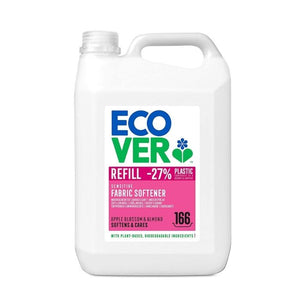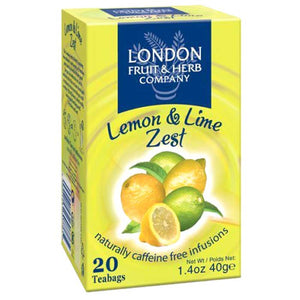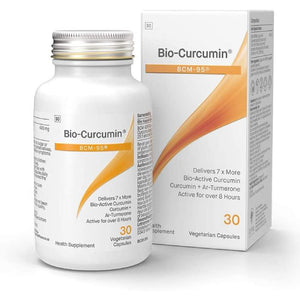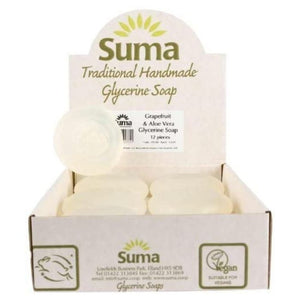Natural Cool - Frozen Organic Leaf Spinach, 450g
1Natural Cool - Frozen Organic Leaf Spinach, 450g
Brand - Natural CoolQuick Description
Stir into sauces, crush into stir-fries or enjoy on its own. Natural Cool’s Organic Leaf Spinach is biodynamically grown utilising planetary and cosmic energy.
Key Information
- IQF-frozen to preserve all the nutrients
- Organically grown on Central European farms
- Grown using Biodynamic methods
- Excellent source of Iron, Vitamins and Antioxidants
- Organic, Vegan and Gluten-free
Product Overview
With its deep green colour and earthy aromas, this nutrient powerhouse is an absolute staple. Natural Cool’s Organic Leaf Spinach is biodynamically grown and IQF frozen to conserve all its nutritional goodness. Frozen never tasted so fresh!
Spinach is a delicious source of antioxidants, vitamins and minerals. It’s packed with fibre, vitamins A, C and K1 and iron. How about this for a fact: just 100g of spinach contains 1.1 times more iron than 100g of meat and 2.2 times more than salmon!
Nature Cool’s spinach is biodynamically grown. It’s very similar to organic farming, but with much stricter requirements and in harmony with nature. It utilises the land, environment and cosmic flows, harnessing astrological energy to grow plants.
Frozen spinach is delicious wilted, stir-fried or added into curries and soups. You can chuck it into recipes straight from frozen or pop on the hob to defrost!
Directions For Use
Pot: Chuck in your frozen spinach into a pot and warm it up. Place a lid on it and occasionally stir. Otherwise, add frozen spinach straight into dishes and sauces whilst cooking.
Microwave: Place some spinach in a bowl with 3 tsp of water. Cover with a dish and heat for approx 9 minutes at 750W. Stir every 1 minute until defrosted.
Ingredients
100% Organic Spinach Leaves*
*Ingredients from biodynamic farming
Frequently Asked Questions
What’s the Difference between Biodynamic and Organic Farming Methods?
Biodynamic farming is similar to organic farming. Both methods grow vegetation in harmony with nature, enrich the soil, promote biodiversity and exclude the use of synthetic pesticides and fertilisers.
However, biodynamic farming standards are far more strict. For example, organic farms are allowed to source organic feed to their farm from all around the world, whereas a biodynamic certified farm has to grow at least 50% of their livestock. They also have to leave 10% of the total farmland for biodiversity and strive for a balanced prey/predator ratio.










